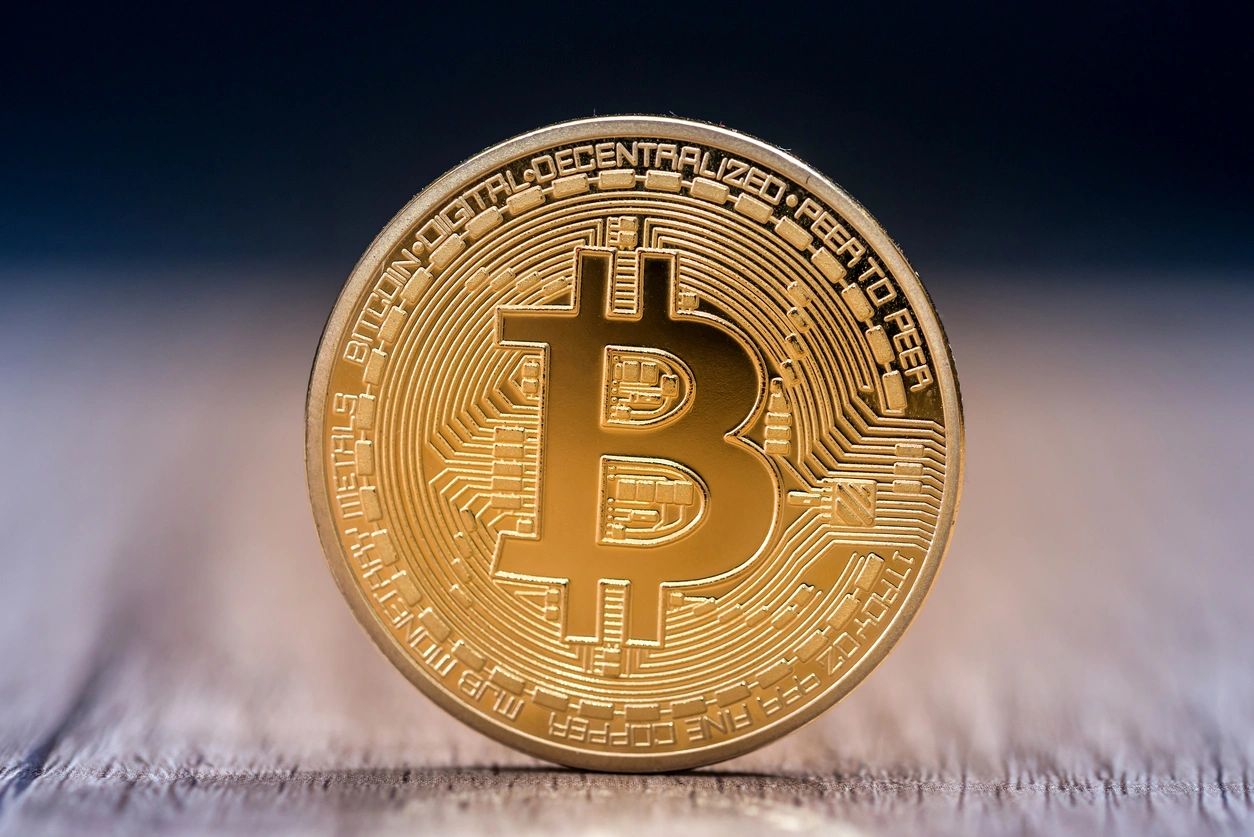The government has legitimate reasons to be concerned about the threat posed by cryptocurrencies. But a blanket ban on all existing private-sector cryptocurrencies could put several unicorns out of business and lead to a severe brain drain from the country. Instead, the government must find a middle path.
The Indian government is expected to introduce the much-awaited Cryptocurrency and Regulation of Official Digital Currency Bill in Parliament during the ongoing winter session which ends on 23 December. This has caused much panic amongst crypto enthusiasts who fear that the Bill involves an outright ban on all cryptocurrencies in their current form.
The fear arises from a statement issued in the recent Lok Sabha Bulletin that read: “The Bill seeks to prohibit all private cryptocurrencies in India, however, it allows for certain exceptions to promote the underlying technology of cryptocurrency and its uses.”
The statement has stirred a debate on what the government really means by “private cryptocurrencies”. In the world of cryptocurrencies, a private cryptocurrency is one that uses several cryptographic measures to mask transactions. By this definition, currencies such as Monero, Zcash, DASH and Horizen are private cryptocurrencies, and Bitcoin, Ethereum and Litecoin are public cryptocurrencies. So, while there is hope that the Bill will follow this definition and permit some cryptocurrencies to function, there is speculation that the proposal refers to a blanket ban on all non-state-issued cryptocurrencies.
Why Cryptocurrency Can Be a Threat
This speculation becomes stronger when the Reserve Bank of India’s (RBI) ambitions to launch a national cryptocurrency is considered. As signalled by RBI governor Shaktikanta Das in August this year, the RBI has been planning to launch a central bank digital currency (CBDC) by December and the creation of a “robust system” is afoot. Reports suggest that the government plans on introducing the framework for this digital currency in the Cryptocurrency and Regulation of Official Digital Currency Bill, which would then become the state-issued ‘public cryptocurrency’.
The main aim of this move seems to be to promote digital transactions while simultaneously avoiding the threat posed by private cryptocurrencies to macroeconomic and financial stability.
Former RBI governor D. Subbarao has pointed out that the RBI’s concerns over cryptocurrencies stem from three pitfalls of their usage. Firstly, digital currencies could threaten monetary stability as “it is quite possible that domestic price formation could be set in that virtual currency”. Secondly, “if regulated institutions – banks, for example – are exposed to virtual currencies and if that currency is very volatile, then there could be financial instability”. According to Subbarao, since virtual currencies do not have an intrinsic value and are backed by just algorithms, the threat from volatility is huge.
The former governor also cited capital outflow as one of the major threats posed by cryptocurrencies. “Cryptocurrencies could become a conduit for capital flight, especially in a country like India where there is still no full convertibility of capital,” he explained.
Imminent Dangers in the New Bill
The government’s proposals have been met with mixed reactions from across the country. While some have welcomed the regulation of private cryptocurrencies and cheered the RBI’s introduction of a CBDC, others have been more sceptical of whether the state-issued CBDC will provide the same level of privacy and ease of transaction as private cryptocurrencies.
What has puzzled many is that, due to the decentralised nature of cryptocurrencies, there seems to be no clear way in which the government could prohibit the usage of cryptocurrencies. A concerning report by Reuters, however, suggests that the Bill also seeks to subject violators to arrest without a warrant and without bail, in an attempt to enforce the ban. The government is, however, expected to give a three to six months’ window to investors, allowing them to sell their crypto assets before they are held liable for breaching the law.
All the same, a ban on all private cryptocurrencies could cause a potential shutdown of unicorns such as Coinswitch and CoinDCX, which could trigger major unemployment in a sector that currently employs around 50,000 individuals. The total valuation of the industry in India is estimated to be at $74 million – the collapse of which would be a considerable blow to the economy.
Industry estimates suggest that there are some 15-20 million crypto investors in the country, with total crypto holdings of roughly $6 billion. A blanket ban of all cryptocurrencies thus risks severe brain drain and loss of talent and business from India – similar to what the country experienced in 2018 when the RBI banned banks from holding or facilitating cryptocurrency transactions. Following that ban, blockchain experts rushed to regulated countries like Switzerland, Singapore, Estonia and the U.S.
Since the cancellation of the RBI’s ban by the Supreme Court in 2020, however, India’s crypto industry has witnessed rapid growth, with celebrities such as Amitabh Bachchan, Ranveer Singh and Salman Khan endorsing crypto coins and encouraging fans to join the blockchain movement. As a result of the boom, India now has the highest number of crypto users in the world – an estimated 100 million – all of whom are to be affected by the government’s latest crypto bill.
So far, the announcement of the new proposal has triggered a massive wave of panic-selling of crypto assets in the country. Cryptocurrencies such as Bitcoin and Ethereum, for example, witnessed a fall of up to 20 percent in value last month.
Finding a Middle Ground
A recent report by the NDTV, however, might bring some relief to India’s anxious crypto community. According to this report, the government has reconsidered the original proposal and will now be seeking to “regulate” rather than “ban” private cryptocurrencies through the new Bill.
The report also claims that the newer version of the Bill will refer to “crypto-assets” instead of “cryptocurrencies”, which is a significant modification as it reflects a change in the government’s perception and attitude towards crypto as an asset class. Essentially, the term ‘cryptocurrency’ refers to crypto as a medium of exchange, whereas ‘crypto-assets’ can be viewed as an investment or store of value.
The newer version of the Bill will also hand over the regulation of crypto-assets to the Securities and Exchange Board of India (SEBI), which also looks after investments in the stock market.
While the Bill is still expected to prohibit any payments made via cryptocurrency, it allows the use of blockchain technology for other research and development.
Crypto enthusiasts who have been calling for regulations in India to formalise the industry, increase the security of investments and prevent the misuse of crypto for tax evasion and money laundering, have welcomed the government’s move to reform the proposed Bill.
While many questions about the future of cryptocurrency in India will remain unanswered until the details of the new Bill are released, it is clear that the government is looking to strictly regulate the crypto market, which is bound to have lasting effects on the national economy. Despite this, the formalisation of decentralised finance and an acceptance of blockchain technology, in general, are being considered as significant wins for the global crypto movement.
Kashvi Singh is a Research Intern at Freedom Gazette. She has recently completed her A-Levels in Political Science, Economics, Mathematics and Geography from Woodford County High School, London. She has a keen interest in politics and development studies and hopes to pursue a degree in Politics, Philosophy and Economics.


